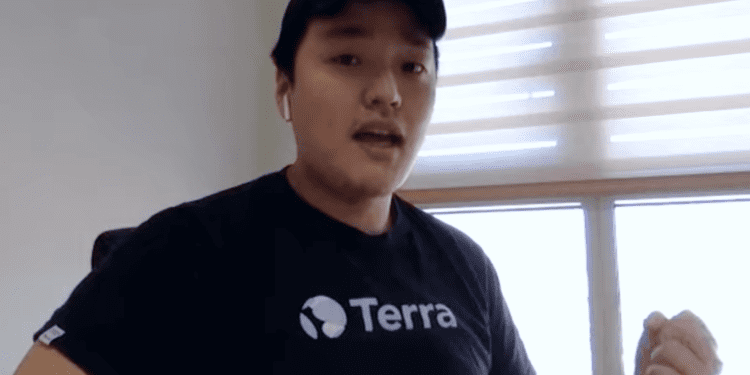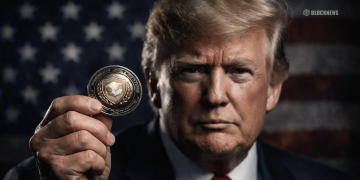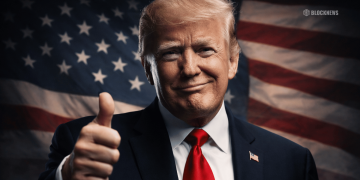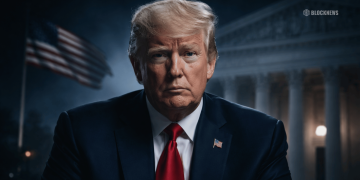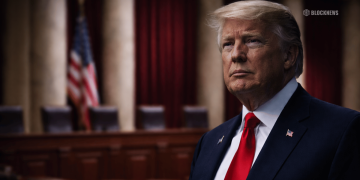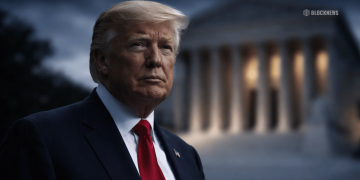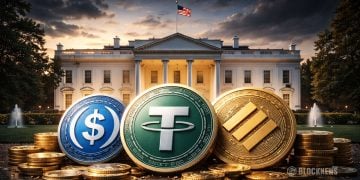- Do Kwon, founder of Terra, admitted to faking trading volumes in leaked SEC documents.
- SEC claims that Terra’s partnership with payments app Chai was misleading and not as promoted to users.
- Kwon, currently detained in Montenegro, resists extradition to the U.S., with his legal team proposing a deposition in Montenegro.
According to recent reports, disgraced crypto mogul Do Kwon openly admitted to fabricating trading volumes. The revelation, derived from court documents from the U.S. Securities and Exchange Commission (SEC), showed an explicit text message exchange between Kwon and Daniel Chin, founder of the payment app Chai. In the alleged conversation, Kwon mentions the ease with which he can craft “fake transactions that look real,” leading to the generation of fees. This acknowledgment potentially throws a shadow over the integrity and credibility of operations within the Terra ecosystem.
What raises eyebrows further is the involvement of Daniel Chin. The founder of Chai, Chin’s company had partnered with Terra to expedite payments. While the Terra and Chai collaboration had once been hailed as a move to revolutionize blockchain-based payments, the recent controversy paints it in a far more suspicious light.
In a rather ironic twist, Daniel Shin, who is the founder of Chai, had co-founded Terraform with Kwon back in 2018. This deep-seated association between the two firms and their founders amplifies the magnitude of the allegations.
Terra’s Sudden Collapse
Terra, once a juggernaut in the crypto space, enjoyed massive popularity and was second only to Ethereum as a DeFi blockchain. Its native cryptocurrency, LUNA, basked in its glory days as one of the market’s top digital assets by market cap. However, the tables turned in May 2022 when Terra underwent a significant collapse. This crash led to a bear market, sending ripples across the crypto world and pushing several projects that were tethered to Terra into bankruptcy.
American and South Korean authorities, responding to this collapse, leveled a series of charges against Do Kwon. After his arrest in Montenegro on accusations of document forgery, debates about his extradition to the U.S. have been afloat.
Legal Battles and the Road Ahead
The SEC, in its pursuit of safeguarding investors, has presented new documents that highlight Kwon’s admission to faking trading volumes. An “extensive private chat” during the early stages of Chai and Terraform’s formation reveals Kwon’s intent of leveraging Chai for creating fake transactions on Terra’s blockchain. These revelations, along with other speculations about the dubious partnership between Chai and Terraform Labs, have raised serious concerns among stakeholders.
As the controversy deepens, the financial regulator alleges that Kwon and Terraform capitalized on this scheme, drawing in investors and defrauding them of billions of dollars. With legal battles intensifying, Kwon’s lawyers assert that his deposition should occur in Montenegro, given his current incarceration there.
The SEC’s case against Kwon is ongoing and could impact crypto industry. If Kwon is found guilty, it could damage public trust and make it harder for legitimate projects to raise money. The SEC’s case could also lead to new regulations.


